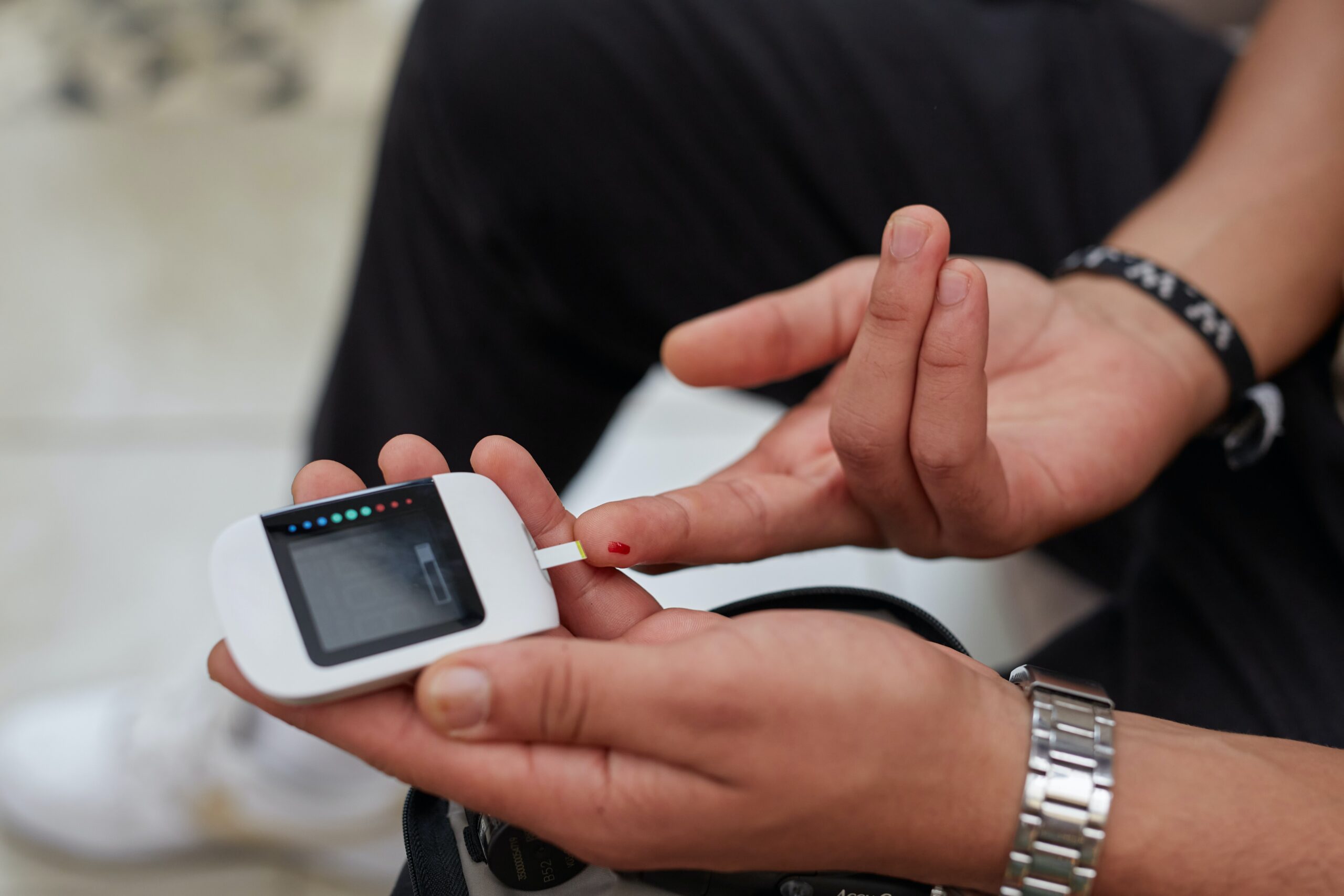Insights and Commentaries
Changing mindset to confront diabetes
 Carolyn Lo
Carolyn Lo
 Leonard Lee
Leonard Lee


Exercise regularly. Eat healthily. Take your medications consistently. Such familiar advice is undoubtedly crucial in managing diabetes. But in the face of recurring challenges—think long working hours, physical limitations, the allure of convenient food and sugary drinks, and unsatisfactory blood glucose control—sustaining healthy lifestyle practices over one’s lifetime may prove daunting for individuals with diabetes. After repeated setbacks, many may concede that their diabetes is “too difficult to control” or simply “out of their hands”, discouraging them from proactive self-management efforts.
A study by the LRF Institute for the Public Understanding of Risk and the Yong Loo Lin School of Medicine at the National University of Singapore found that individuals with type 2 diabetes (T2D), the most common form of diabetes in Singapore, reported having a more fixed mindset towards their blood glucose levels. This means that individuals with T2D tend to believe that their blood glucose levels cannot be easily changed compared to those without T2D. Furthermore, people with T2D indicated having lower self-efficacy, or lower confidence, in their ability to manage their health and blood glucose. These findings suggest that individuals with T2D face psychological barriers that may derail intentions and efforts towards critical lifestyle changes. By extension, they may be more likely to feel “stuck”, lose confidence in themselves, or become indifferent towards managing their disease when initial endeavours fail to translate to expected diabetes improvements.
Reframing diabetes management
This challenge, however, presents opportunity to turn the tide.
Diabetes is a condition that requires active, lifelong participation from patients themselves. While setbacks and mistakes often mark the course of an individual’s journey with diabetes, negative experiences are not signals of failure but stepping stones for improvement and growth. Rather than feeling stuck or blaming other factors when their blood glucose doesn’t seem to be improving, patients can adopt a growth mindset by experimenting with manageable adjustments to see whether certain changes may work better. Setbacks could also prompt patients to dialogue with other patients to gather feedback on alternative strategies and receive peer support.
While there is no direct evidence proving that a growth mindset would definitely lead to improved diabetes outcomes, the study observed patterns of better glycaemic control (HbA1c) among those with higher growth mindsets and self-efficacy toward their health or blood glucose levels. These findings suggest that mindsets matter and may prove an important gamechanger in the fight against diabetes.
Patients may experience psychological toll when personal efforts fall short, especially when repeated attempts at lifestyle modifications fail to translate to optimal outcomes. Instilling a growth mindset—where diabetes is viewed not as a static condition but as one that is malleable with effort and persistence—can prevent patients from abandoning necessary efforts. This transforms diabetes management from a daunting process to a series of achievable steps as they foster a proactive attitude and approach to self-management.
Support for individuals with early-stage diabetes
The emotional strain when first diagnosed with diabetes, or even another chronic disease, can be overwhelming. Denial, guilt, anger or regret may interfere with necessary medical interventions and radical lifestyle changes as patients acquire understanding of their condition and attempt to integrate adjustments into their routine. At this juncture, providing patients with appropriate diabetes education and bite-sized guidance adapted to their needs and circumstances can make self-management seem more achievable and less intimidating. Focusing on making and sustaining specific lifestyle improvements instead of expecting immediate results after short bursts of changes can empower patients with greater confidence to explore further efforts.
The role of healthcare providers
The onus of having a growth mindset and self-efficacy does not rest solely on patients. Healthcare providers play a pivotal role in how individuals with diabetes view their disease and its management. Serving not only as medical advisors but also as influential voices of support and guidance, healthcare providers can promote a growth mindset among patients by making subtle changes to how they frame information—for instance, emphasising the process of learning what works best for one’s body rather than focusing on HbA1c outcomes, encouraging patients to view setbacks as opportunities to try again and try differently, and supporting them in effort-oriented instead of results-based targets. These approaches can substantially impact how patients perceive their ability to manage diabetes, fostering more supportive patient-provider interactions and improved health outcomes.
Measures such as the Nutri-grade labels mandated for freshly prepared drinks higher in sugar and saturated fat and the reported benefits of brisk walking to reduce the risk of diabetes signal positive steps in Singapore’s fight against diabetes. However, more attention needs to be directed to the psychological wellbeing of individuals with diabetes. Where might they need more support as they shoulder the ongoing demands of diabetes management? What actionable steps can be taken to reduce and address the psychological barriers that they face at different stages of their disease? How can we equip patients to navigate discouragements so that they stay resilient and motivated despite the temptation to not try so hard anymore?
Without precluding the importance of medication, regular exercise and a healthy diet, there is a pressing need for effective interventions that cultivate a growth mindset and greater self-efficacy among individuals with diabetes. In doing so, we can take a leap forward in reshaping the narrative of diabetes management.


